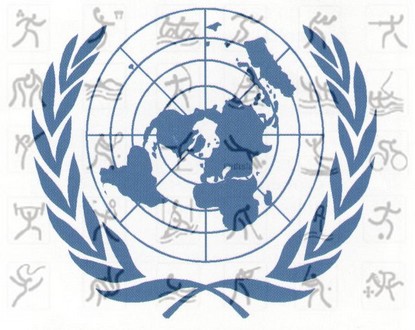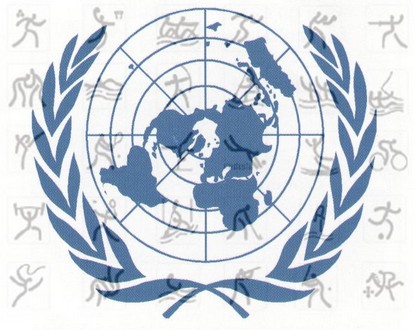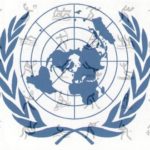The International Olympic Committee (IOC) welcomes with satisfaction the historic recognition by the United Nations of the IOC’s autonomy and that of sport.
 This recognition is endorsed by a resolution adopted by consensus during the 69th Ordinary Session of the United Nations General Assembly in New York. The document states that the General Assembly “supports the independence and autonomy of sport as well as the mission of the International Olympic Committee, which is to lead the Olympic Movement”.
This recognition is endorsed by a resolution adopted by consensus during the 69th Ordinary Session of the United Nations General Assembly in New York. The document states that the General Assembly “supports the independence and autonomy of sport as well as the mission of the International Olympic Committee, which is to lead the Olympic Movement”.
The United Nations Secretary-General will present a report on the implementation of the initiatives outlined in the resolution during the 71st session of the General Assembly, which will include an agenda item entitled “Sport for Development and Peace”.
The adoption of the resolution by the General Assembly was announced following the presentation by the United Nations Secretary-General of a biennial report on sport for development and peace. The IOC, which has enjoyed observer status with the United Nations since 2009, was represented by Mario Pescante, IOC member and IOC permanent observer to the United Nations.
IOC President Thomas Bach had emphasized the need to ensure the autonomy of sport in a speech delivered before the General Assembly in November 2013 in New York: “Sport [is] truly the only area of human existence that is based on a universal law,” he stated then. “But to apply this universal law, sport must enjoy autonomy exercised in a responsible manner. Politics must respect this autonomy of sport.”
The resolution recognizes sport as a means to promote education, health, development, and peace, and notes the significant role of the IOC and the Olympic Movement in achieving these goals.
It admits that “major international sporting events must be organized in a spirit of peace, mutual understanding, friendship, and tolerance, with any form of discrimination being excluded, and the unifying and conciliatory nature of these events should be respected.” This clearly implies that full participation of everyone in sporting events is encouraged, and that boycotts are incompatible with this UN call to respect the values of sport.
“We warmly welcome this resolution which marks a historic step in the relations between sport and politics,” said IOC President Thomas Bach. He added: “We must form partnerships with political organizations based on this recognition of the autonomy of sport. The excellent cooperation between the United Nations and the IOC can serve as an example for the links to be established nationally between National Olympic Committees and their respective governments. These relations with governments require that sport always remains politically neutral.”
The United Nations takes note of the Olympic Charter, especially Fundamental Principle 6, and the fact that “any form of discrimination is incompatible with belonging to the Olympic movement.” This recognition refers to the responsibility of the IOC to fully uphold the 6th Fundamental Principle and the Olympic Charter at the Olympic Games and in its related activities. However, as a sports organization, the IOC is not tasked with imposing measures on sovereign states beyond its own sphere of competence. The Olympic Games can show the world and the host country that a peaceful society is possible, that competition between individuals can take place in harmony and with respect for the dignity of all.
In a letter addressed to the presidents of the 205 National Olympic Committees, the IOC President urges the strengthening of the autonomy of sport in their respective countries and asks them, in any dialogue with political leaders, to encourage the latter “to give sport due attention within the framework of the United Nations’ post-2015 development agenda.”



